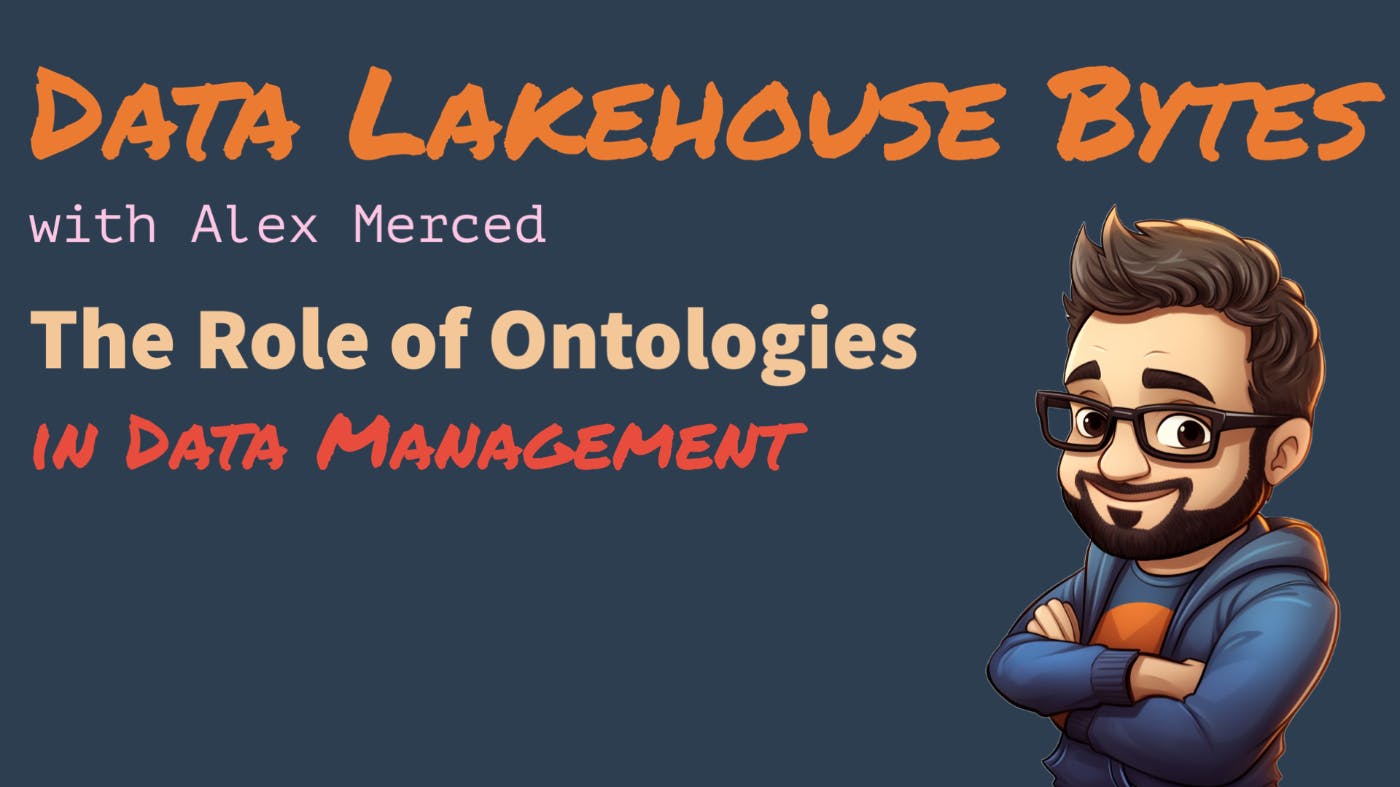520 reads
The Role of Ontologies in Data Management
by
February 27th, 2024
Audio Presented by

Alex Merced is the co-author of O'Reilly's "Apache Iceberg: The Definitive Guide" and a developer advocate for Dremio
Story's Credibility

About Author
Alex Merced is the co-author of O'Reilly's "Apache Iceberg: The Definitive Guide" and a developer advocate for Dremio
